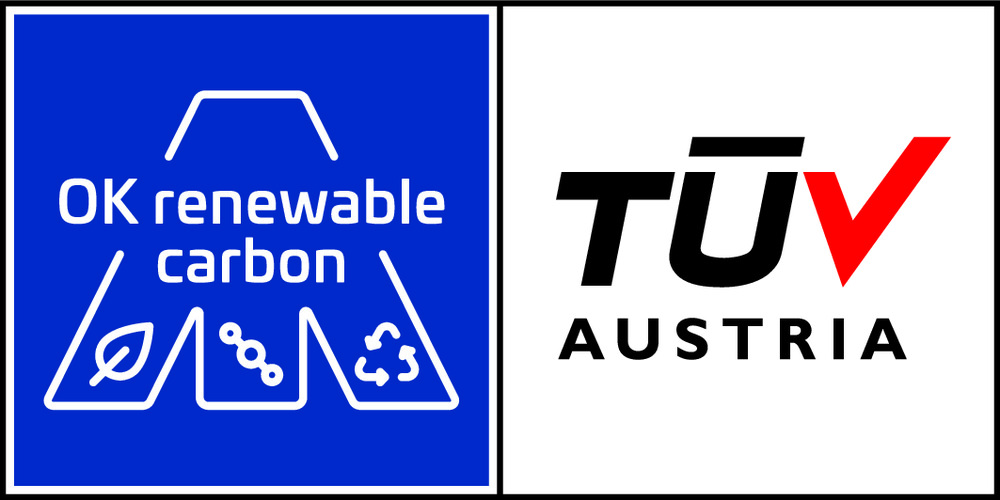
Defossilisation and renewable carbon economy are new terms that have been circulating for a few years now and will fundamentally change the world of chemicals, plastics and other materials. Whether packaging, cars or consumer goods, textiles, sports equipment or personal care products, cosmetics or medicines – they all have one thing in common: They are made entirely or partially from the multi-talent carbon. However, more than 90 percent of this carbon is still extracted from fossil resources such as crude oil, natural gas or coal – and sooner or later ends up in the atmosphere, further fuelling the climate.
The Renewable Carbon Initiative (RCI), founded in 2020, has set itself the goal of developing concepts and strategies, and implementing them politically in order to replace this fossil carbon with renewable carbon from biomass, CO₂ and recycling. The aim is therefore to defossilise the chemicals and plastics industry and transform the entire sector into a renewable carbon economy. The new certificate “OK renewable carbon”, which shows the renewable carbon share in the product, is intended to support and visualise this development.
The nova-Institute from Hürth near Cologne (Germany) and TÜV AUSTRIA in Brussels (Belgium) were commissioned by the RCI to develop a certificate that shows the extent to which substitution has already been achieved at product level: The certificate and label indicate what percentage of the carbon in the product already consists of renewable carbon or has been substituted in the production process. This is the sum of bio-based, CO₂-based and recycled carbon in the product. This “OK renewable carbon” certificate is a so-called meta-label, as it builds on other established certificates and combines them into a new label. It was developed by TÜV AUSTRIA which also carries out the certifications.
The Renewable Materials Conference which takes place from 11 to 13 June in Siegburg near Cologne/Bonn (Germany) is the perfect place to present this new certificate to the market, since it is the world’s largest event for the defossilisation of chemicals and plastics. Not only will the final certificate and label be presented on the first day of the conference, but also the first products from well-known companies will be officially awarded. From now on, interested parties can register with TÜV AUSTRIA to get their product certified.
Registration and information to the Renewable Materials Conference: https://renewable-materials.eu
About nova-Institut
nova-Institut GmbH has been working in the field of sustainability since the mid-1990s and focuses today primarily on the topic of renewable carbon cycles (recycling, bioeconomy and CO2 utilisation/ CCU).
As an independent research institute, nova supports in particular customers in chemical, plastics and materials industries with the transformation from fossil to renewable carbon from biomass, direct CO2 utilisation and recycling.
Both in the accompanying research of international innovation projects and in individual, scientifically based management consulting, a multidisciplinary team of scientists at nova deals with the entire range of topics from renewable raw materials, technologies and markets, economics, political framework conditions, life cycle assessments and sustainability to communication, target groups and strategy development.
50 experts from various disciplines are working together on the defossilisation of the industry and for a climate neutral future. More information at: nova-institute.eu – renewable-carbon.eu
Source
nova-Institute, original text, 2024-05-28.
Supplier
nova-Institut GmbH
Renewable Carbon Initiative (RCI)
TÜV AUSTRIA Group
Share
Renewable Carbon News – Daily Newsletter
Subscribe to our daily email newsletter – the world's leading newsletter on renewable materials and chemicals










